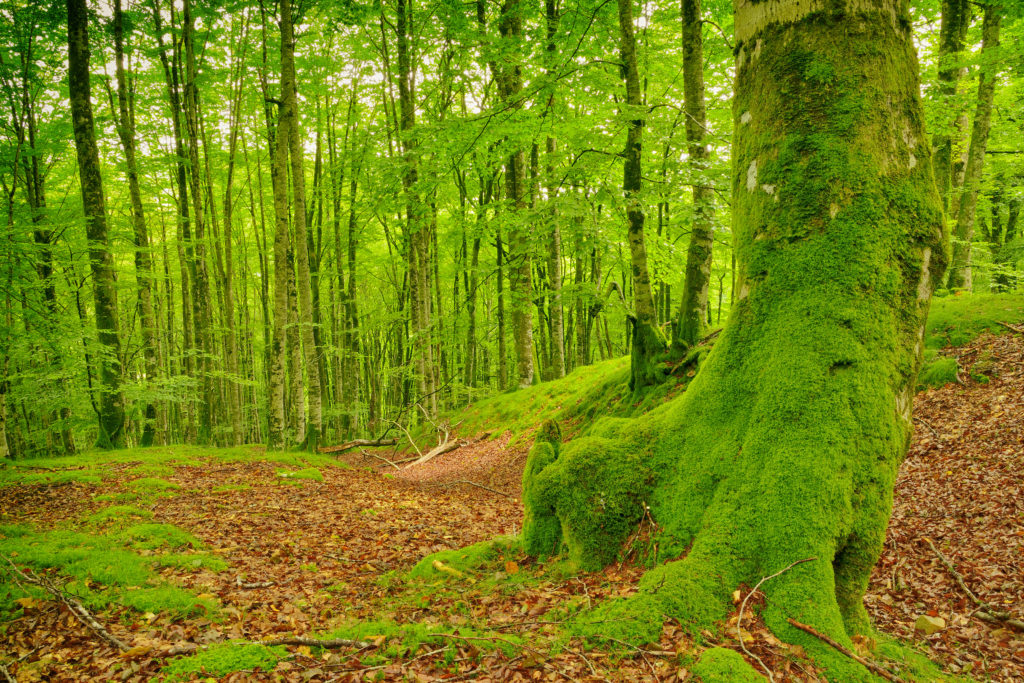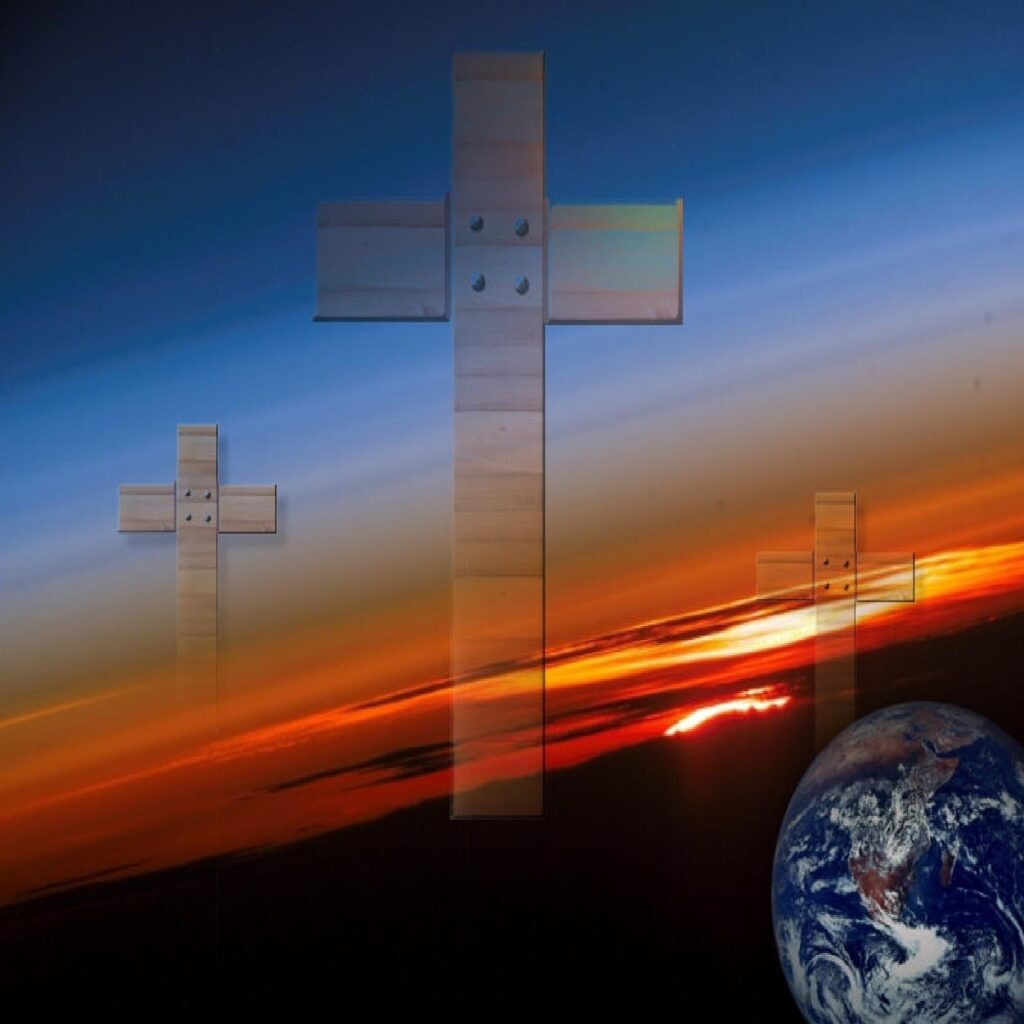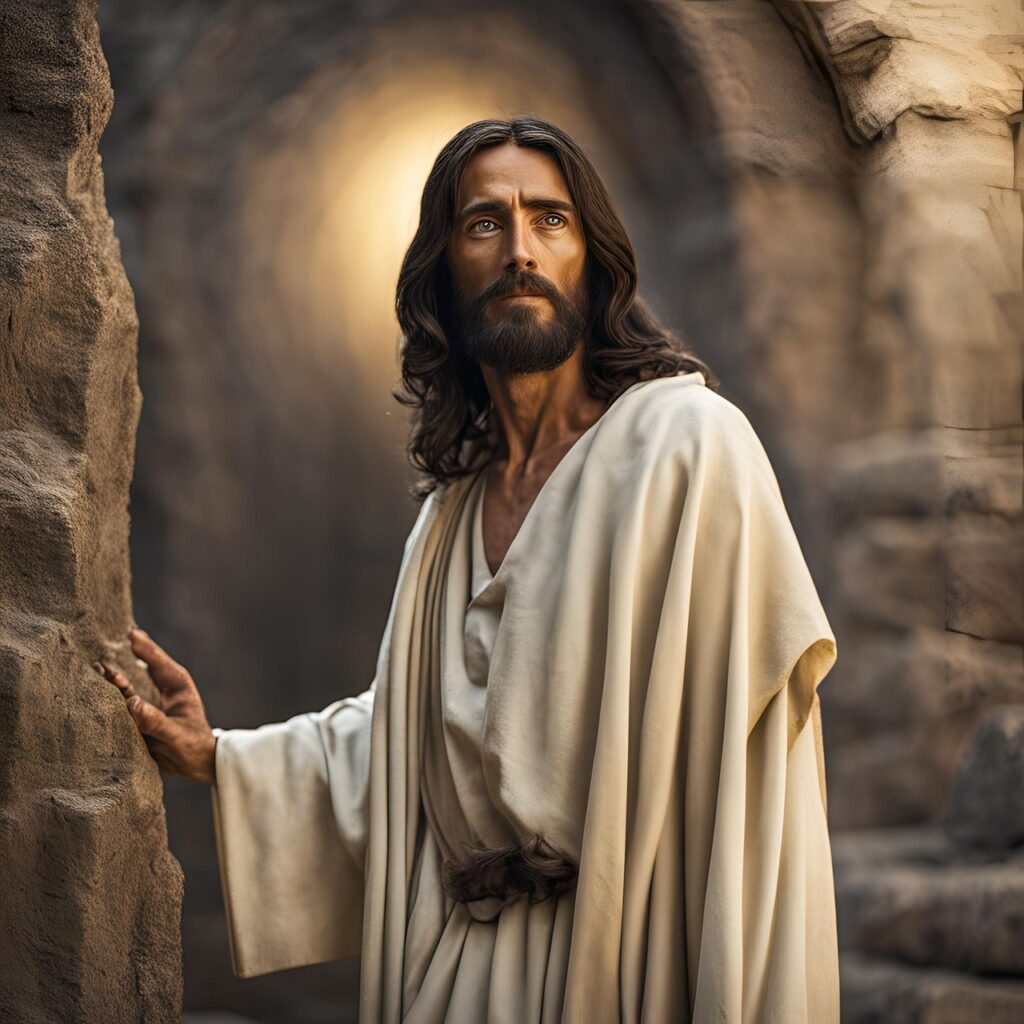African Bishops: We Have no Such a Right to Destroy Biodiversity
SECAM African bishops raise a cry of warning ahead of the United Nations Biodiversity Conference (COP15)

Nairobi, June 21, 2022. The Symposium of Episcopal Conferences of Africa and Madagascar (SECAM) issued a statement today calling on governments to take urgent and ambitious action to protect biodiversity. This is the first time that the African Church has taken a public stance on this area. The text was presented in an event in Nairobi (Kenya), where preparatory sessions are taking place for the upcoming United Nations Biodiversity Conference (COP15) to be held in China before the end of the year. The statement was supported by the Ecclesial Network on the Congo Basin Forest (REBAC) and the Laudato Si’ Movement (LSM).
Along the line set out by Pope Francis in his encyclical Laudato Si‘, this document considers that care for nature –as God’s creation– and for the most vulnerable go hand in hand. On that matter, they warn: “We have no such a right to destroy biodiversity.” For this reason, the SECAM bishops have joined those who are calling for 50% of the Earth to be protected by 2030. The document also calls for the rights of indigenous peoples to be respected and the immediate stop of the construction of the East Africa Crude Oil Pipeline. And it finally calls on governments –especially the Global North’s– to be transparent and to be held accountable, while they are reminded of their financial commitments to halt biodiversity loss and initiate its recovery.
Climate Emergency and Biodiversity Crisis
SECAM’s statement makes special mention of the biomass of the Congo Basin: the second-largest tropical rainforest in the world, and where illegal and unsustainable logging along with land grabbing and industrial agriculture put indigenous peoples and endangered species at risk. The document points out that the climate emergency and the biodiversity crisis are intimately linked. The reason is that the destruction of biomass causes the loss of a key resource for absorbing carbon from the atmosphere, which helps mitigate global warming. Climate and biodiversity are two sides of the same coin and, for this reason, must be tackled together. Similarly, the ecological problem is inseparable from its social dimension. As the statement points out, these abuses against biodiversity affect vulnerable communities that have been caring for these ecosystems for centuries, and also generate a number of social conflicts.
The statement “SECAM calls for urgent action to deliver an ambitious Post 2020 Global Biodiversity Framework” is signed by Bishop Sithembele Sipuka, SECAM Vice President. The document was released today at an event organized by SECAM, REBAC and LSM in Nairobi. Joshtrom Issac Kureethadam, of the Vatican’s Dicastery for Promoting Integral Human Development, and representatives of various organizations took part in the event. Among others, River Above Asia Oceania Ecclesial Network (RAOEN), Friends of Lake Turkana, Justice, peace and integrity of Creation franciscan Africa (JPICFA), and the Association of Member Episcopal Conferences in Eastern Africa (AMECEA).
The Catholic Church Position at COP15 event coincided with the meeting in the Kenyan capital of the Open-ended Working group on the Post-2020 Global Biodiversity Framework, which is preparing for the UN Biodiversity Conference (COP15) in China at the end of 2022. The sponsors of the manifesto have made available the possibility of signing the Healthy Planet, Healthy People petition to the world leaders participating in the summit. It can be done through this website: https://healthyplanetandpeople.org
About Laudato Si’ Movement (LSM)
Laudato Si’ Movement serves the Catholic family around the world to turn Pope Francis’ encyclical letter Laudato Si’ into action for climate and ecological justice. Laudato Si’ Movement’s efforts to build a grassroots movement draw on the combined gifts of nearly 800 member organizations and thousands of local volunteers who help bring the Laudato Si’ message to life.
More information: https://laudatosimovement.org
About the Symposium of Episcopal Conferences of Africa and Madagascar (SECAM)
The Symposium of Episcopal Conferences of Africa and Madagascar (SECAM) was born out of the wish of African Bishops during the Second Vatican Council (1962-1965) to establish a forum in which they could speak with one voice on matters pertaining to the Church in Africa. The establishment of SECAM is therefore the result of the Bishops’ resolve to build a continental structure in order to bring forth the African vision to the whole Church.
More information: https://secam.org
About the Ecclesial Network on the Congo Basin Forest (REBAC)
In March 2015, in Windhoek (Namibia) the Regional and National Justice and Peace Commissions of the Symposium of the Episcopal Conferences of Africa and Madagascar (SECAM) launched the idea of the creation of the Ecclesial Network for the Congo River Basin (REBAC), following the example of the Pan-Amazonian Ecclesial Network (REPAM). The initiative at its early stage had targeted the 6 countries of equatorial forest (Cameroon, Gabon, Equatorial Guinea, Central African Republic, Republic of Congo, D R Congo). Concern for this “biodiverse lungs” has the encouragement of Pope Francis “Let us mention … those richly biodiverse lungs of our planet which are the Amazon and the Congo basins…” (Laudato Si’, 38). In February 2016, SECAM standing committee approved the project (Secam position paper on the creation of the African ecclesial network for the protection of the Congo basin forest). In July 2016, the Plenary Assembly of SECAM in Luanda confirmed REBAC program.
More information: https://rebaccongobassin.org
Related

Reflection by Bishop Enrique Díaz: The Lord’s mercy is eternal. Alleluia
Enrique Díaz
27 April, 2025
5 min

After Eight Days Jesus Arrived: Commentary by Fr. Jorge Miró
Jorge Miró
26 April, 2025
3 min

The Perspectivas del Trabajo Foundation is founded with the aim of promoting virtues for professional development
Exaudi Staff
25 April, 2025
2 min

Reflection by Bishop Enrique Díaz: Alleluia, alleluia
Enrique Díaz
20 April, 2025
5 min
 (EN)
(EN)
 (ES)
(ES)
 (IT)
(IT)

